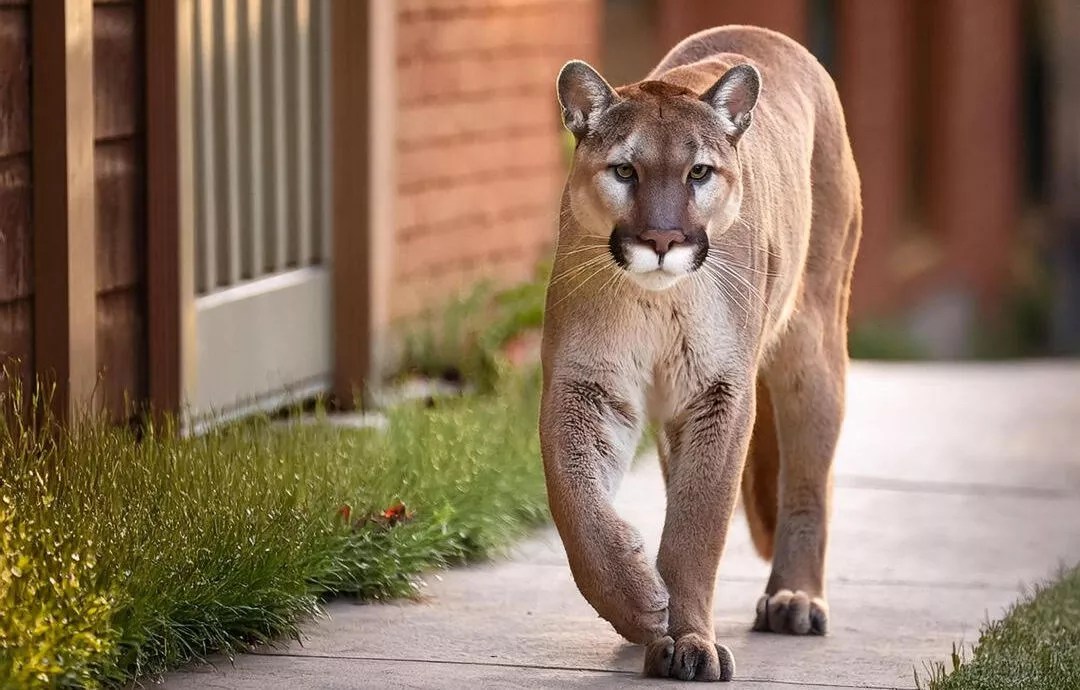
HOWL

Audio By Carbonatix
Coloradans, I’m writing to you from California, where mountain lion hunting is illegal because of ballot-box biology. The idea of saving mountain lions and bobcats feels noble. They are magnificent critters, and supremely effective at making a living on the landscape (killing prey). We all love wild landscapes filled with diverse wildlife, including elusive and sometimes scary apex predators. While revered and respected for millennia, it is also true that humans have hunted, harvested and managed these animals as part of our own participation in the natural world.
I call upon you: Do NOT abandon what works for wildlife in your great state. Ecosystems are incredibly complex, while Proposition 127 is a blunt-force solution for a problem that does not exist. In the 1960s, Colorado reversed course on the dark days of predator eradication and gave mountain lions the title of “Big Game Animal,” creating a hunt grounded in science-based management and requiring all successful hunters to harvest mountain lion meat for consumption. The system developed by Colorado Parks and Wildlife (CPW) results in wildlife success on a grand scale, and mountain lions are now a favored source of wild game meat for thousands of families.
Starting at only ~200 in the 1960s, there are now 4,000+ mountain lions in Colorado. Mountain lion recovery in Colorado is one of North America’s great conservation success stories, and the regulated harvest of these critters is still an essential tool for CPW. Prop 127 disregards the expertise and success that CPW developed over the past six decades. The Prop 127 hunting ban eliminates critical scientific and economic levers that ultimately benefit all residents and all wildlife in Colorado.
I also call upon you to consider the unintended consequences of ballot-box biology. How are things going for the voter-mandated wolf relocation experiments? Misinformed rhetoric and charismatic images may sway votes, but they cannot account for costs and consequences that flow from the removal of CPW’s conservation tools. In the years after this election, you can be certain that Prop 127 advocates will not be there to address the negative impacts that come from hobbling wildlife management systems.
Finally, consider the consequences of eliminating an “apex predator vs. apex predator” relationship that has existed for thousands of years. A result of a no-hunting and no-management approach: lions have ZERO fear of humans in California. It is ecologically appropriate for mountain lions to be fearful of human settlement. However, lions are less “wild” than ever before in California! They’re common in suburban neighborhoods, rural communities and busy commercial zones, and have even been seen loitering at the fringes of schools and parks. Lion vs. human conflict is growing at an alarming rate. In March, a lion attacked two adult men, killing one of them in El Dorado County. This same county is on track to see 200+ mountain lion attacks on domestic animals in 2024. On September 3, a five-year-old boy was attacked by a mountain lion while he was playing close to a group of adults at Malibu Creek State Park, near Los Angeles.
Advocates for Proposition 127 want you to focus on caricatures of imaginary villains (“the Trophy Hunter”) while disregarding conservation success that takes place throughout Colorado, via the use of science-based wildlife management and regulated hunter harvest. I urge you to love all the critters, to hold on to wildlife management systems that work, and to reject ballot-box biology.
Mike Costello is an “adult onset hunter” in California, and contributor to HOWL for Wildlife. As a conservation advocate, he believes all native species deserve a place to thrive, and that true conservation success results in abundance of critters, along with the opportunity for people to sustainably hunt, harvest and participate in nature.
In the weeks leading up to the November 5 election, westword.com will continue to publish commentaries on the various ballot measures…both pro and con. Have one you’d like to submit? Send it to editorial@westword.com, where you can also comment on this piece.